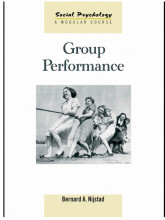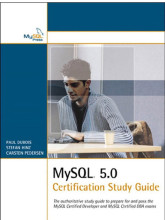Group processes and social influence - Bunderson (2003)
7 important questions on Group processes and social influence - Bunderson (2003)
What is the transactive memory approach?
Where focuses the distributed knowledge approach on?
What is the expert influence approach?
- Higher grades + faster learning
- Never study anything twice
- 100% sure, 100% understanding
What are important implications for the motivation of group members of a decentralized group?
- Because members of a decentralized group have more influence over decisions that are made, they should feel a greater sense of personal responsibility and accountability for those decisions, i.e., that they have a personal stake in those decisions.
- Past research has also suggested that individualsa re more careful and comprehensive in their perceptions of another person when they perceive that the actions of that other person have some bearing on their personal situation
- Every member can conceivably have an impact on outcomes that matter to the entire group.
When is power centralized?
Power is centralizedi n a group when there is stratification or inequality in the extent to which actors are given opportunities to influence team processes and decisions.
In a centralized team, influence opportunities are restrictedt o one or a few individualsw, hereas in a decentralized team, all or most team members exert influence.
In what kind of groups is it more likely that diffuse characteristics will be used?
In what kind of groups is it more likely that specific characteristics will be used?
The question on the page originate from the summary of the following study material:
- A unique study and practice tool
- Never study anything twice again
- Get the grades you hope for
- 100% sure, 100% understanding
































